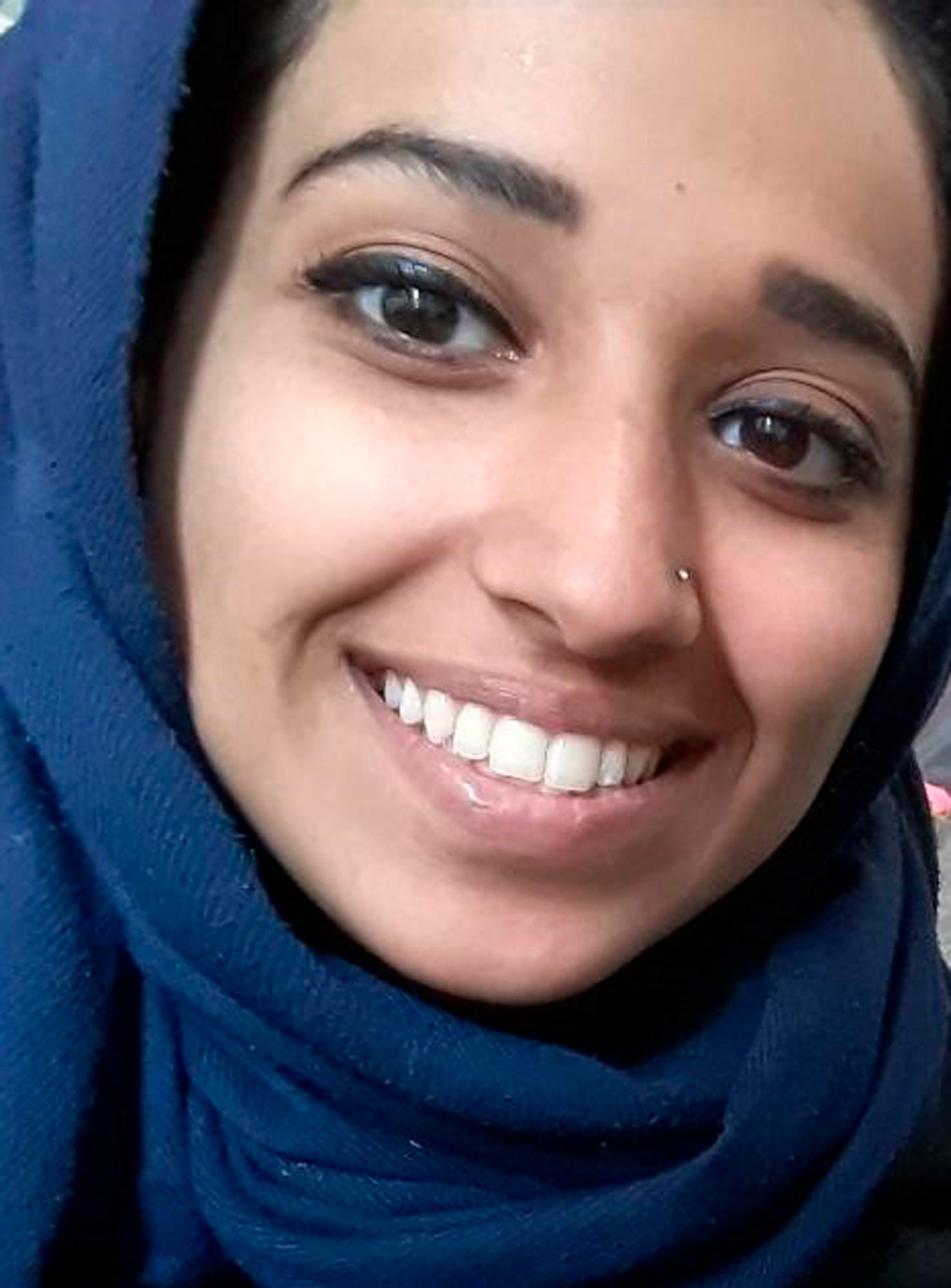Alabama woman who joined Islamic State stuck in refugee camp
Attorneys for a woman who left her Alabama home to join the Islamic State terror group plan to continue fighting for her and her young son even though the Supreme Court declined to hear her appeal

Your support helps us to tell the story
From reproductive rights to climate change to Big Tech, The Independent is on the ground when the story is developing. Whether it's investigating the financials of Elon Musk's pro-Trump PAC or producing our latest documentary, 'The A Word', which shines a light on the American women fighting for reproductive rights, we know how important it is to parse out the facts from the messaging.
At such a critical moment in US history, we need reporters on the ground. Your donation allows us to keep sending journalists to speak to both sides of the story.
The Independent is trusted by Americans across the entire political spectrum. And unlike many other quality news outlets, we choose not to lock Americans out of our reporting and analysis with paywalls. We believe quality journalism should be available to everyone, paid for by those who can afford it.
Your support makes all the difference.Attorneys for a woman who left her Alabama home to join the Islamic State terror group plan to continue fighting for her and her young son even though the Supreme Court declined to consider her lawsuit seeking to re-enter the United States one of the lawyers said Wednesday.
Hoda Muthana and her 4-year-old child, the son of a man she met while with IS, have been living in a Syrian refugee camp for nearly the entire life of the child, and it's unclear what steps might come next to argue for their admittance into the United States, said Christina Jump, who represents the woman's family.
But Jump, who works with the Constitutional Law Center for Muslims in America, said attorneys are considering options.
“We intend to stand by Hoda and her son and their rights to citizenship,” she said. “We do intend to keep working on her behalf.”
The Supreme Court on Monday refused to hear the appeal of a lawsuit filed by relatives on behalf of Muthana, who was born in New Jersey and fled her home in suburban Birmingham in 2014 to join Islamic State, apparently after becoming radicalized online.
She later decided she wanted to return to the United States, but the government determined she was not a U.S. citizen and revoked her passport while she was oversees, blocking her return. The government cited her father’s status as a diplomat from Yemen at the time of her birth in 1994.
While the Supreme Court refused to consider overturning lower court rulings that said Muthana could be kept out of the country, Camp said she still believes “the Department of State does not have the authority to revoke citizenship in the manner that was done to Ms Muthana.”
Both relatives and lawyers have a hard time maintaining regular contact with Muthana because she isn't allowed to have her own cellphone in the camp where she lives and internet service is spotty, said the attorney.
Muthana has renounced IS and both she and her son have been threatened because of her stance, Camp said. The child's father is dead.
The decision to revoke her passport was made under former President Barack Obama. The case gained widespread attention because former President Donald Trump tweeted about it, saying he had directed the secretary of state not to allow her back into the country.